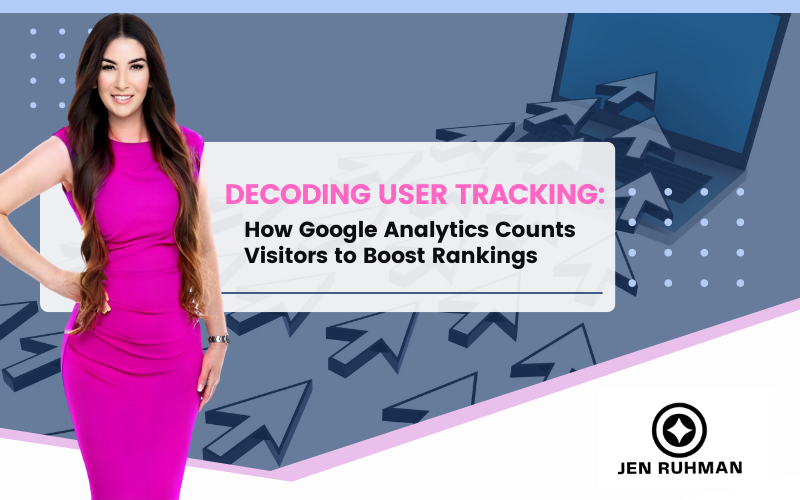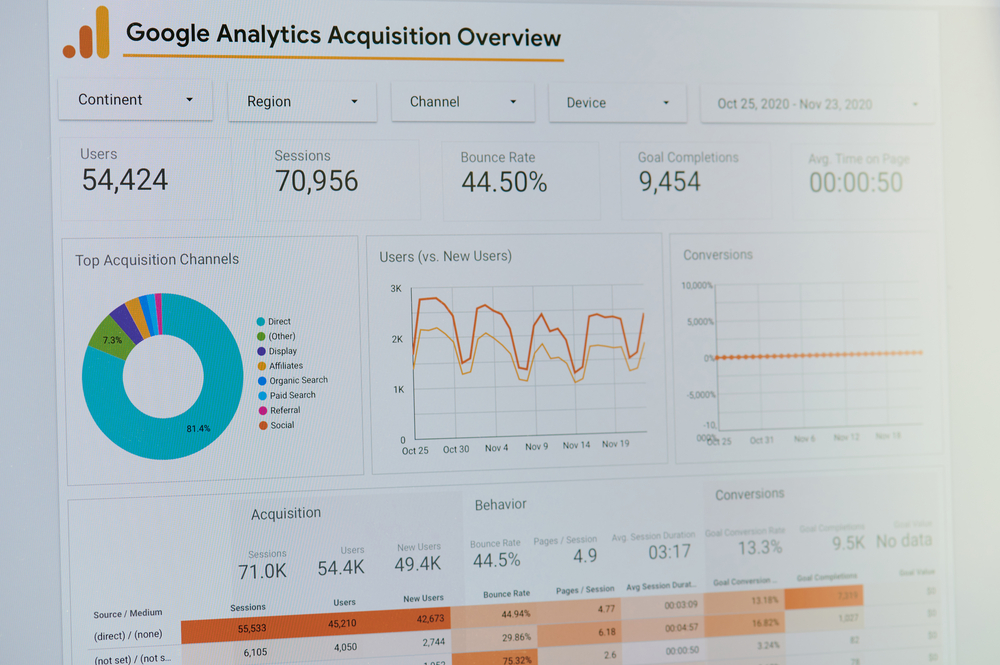Ever wonder how websites know you’ve been there before?

This blog post dives into how Google Analytics, a popular website tracking tool, identifies unique visitors. Understanding this is important for anyone who works with websites, like marketers, website owners, and data analysts.
Here’s the secret sauce: cookies!
Google Analytics places a tiny file with a unique ID on a visitor’s computer when they visit a website. This ID helps track their activity on the site, even if they come back later. Think of it like a name tag that tells the website it’s you, even if you wear a different hat (use a different device) next time.
These cookies are different from the ones that remember your login details on other websites. They’re specific to the website you visit and follow stricter privacy rules.
But what if someone deletes cookies?
Google Analytics has a backup plan! It also collects information about the user’s device, like their browser and screen resolution. This helps the tool recognize them even without cookies, like remembering a friend by their voice even if you can’t see their face.
Another cool feature is IP anonymization.
This option scrambles a part of the visitor’s online address, making it harder to identify them personally. It’s like blurring out a person’s house number on a map – you know they’re in a certain area, but not their exact location.

Google analytic acquisition overview on laptop screen
So, why should you care about how Google Analytics tracks users? Here are a few reasons:
Understanding the data: Knowing how users are counted helps you interpret the information from Google Analytics more accurately. For example, if people delete cookies a lot, the number of unique visitors might be a bit lower than reality.
Privacy matters: It’s important to follow privacy laws and be transparent with visitors about how you use cookies.
Smarter strategies: By understanding how user tracking works, you can develop better marketing and data analysis plans.
As technology changes, the way websites track visitors will too. But by understanding the basics of user identification in Google Analytics, you can make sure your website data is accurate and your practices are privacy-friendly. This will help you make better decisions based on real information, all while respecting your visitors’ privacy.
I wrote this blog post after my SEO client asked how Google Analytics counts visitors to her website. That’s a great question, Natalie (if you read my blog – hello!) And I hope I answered it better here.
Want to see more real people visiting your website, naturally?
I can help! As a proven SEO company in San Diego, I’ll get your site ranking higher in search results, so more potential customers find you online.
Call or text me at (619) 719-1315 for a free consultation. Let’s discuss how SEO can boost your website’s success!

